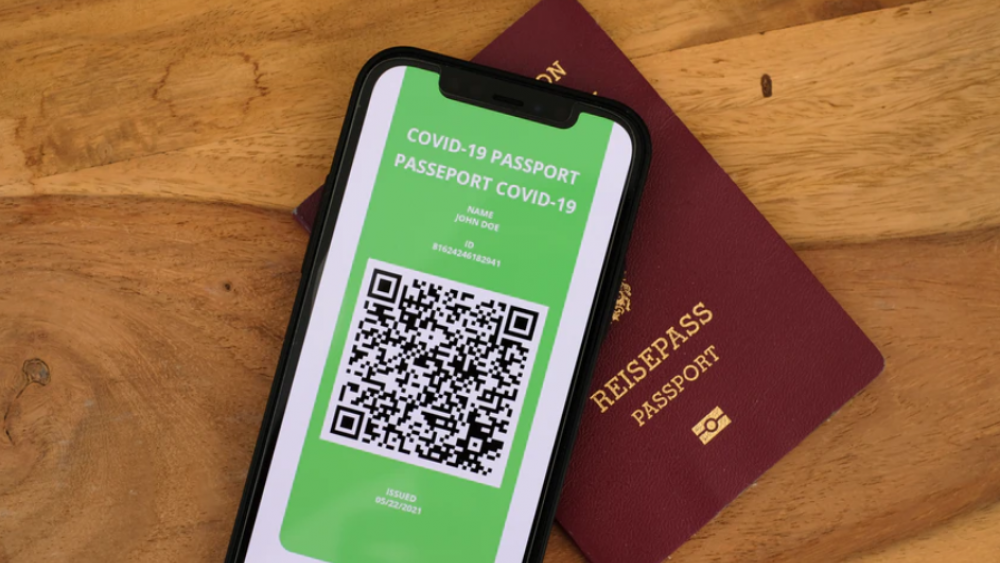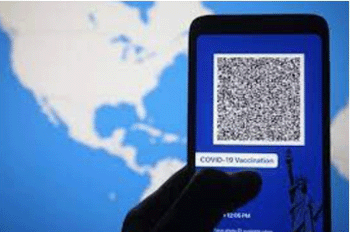‘Where Will It End?’
11-18-2022 Steve Warren

The leaders of the world’s largest economies at the G20 meeting held in Bali, Indonesia, this week did much more than discuss current economic troubles. They also drafted and signed a declaration in which the 20 countries agreed to adopt vaccine passports with the purported goal to promote global travel and tourism.
Bloomberg reported tourism ministers from several countries had backed the use of vaccine passports last year in an effort to boost international travel after the pandemic tanked the tourism industry. The group said it was essential for speeding up global economic recovery efforts, but the move is raising concerns among critics who worry about government overreach and the rights of individuals.
The world leaders’ Bali Declaration, included a section (s.23) on “facilitating seamless international travel.” The impact would be vast because the G20 countries comprise more than 66 percent of the world’s population.
The agreement called for shared technical standards and verification methods, including vaccine passports. It also commits to “support continued international dialogue and collaboration on the establishment of trusted global digital health networks that should capitalize and build on the success of the existing standard and digital COVID-19 certificates.”
In a separate updated document, the G20 vows to: “Endeavour to move towards interoperability of systems including mechanisms that validate proof of vaccination, whilst respecting the sovereignty of national health policies, and relevant national regulations such as personal data protection and data-sharing.”
It has been proposed that this digital health certificate would adhere to World Health Organization (WHO) standards. Under the proposal, only if a person has been vaccinated or tested according to those standards would they be able to travel internationally.
The vaccine passports could be paper or a digital code or an app that records and displays the user’s health information, including COVID-19 vaccination status. Digital health passports would involve a scannable code similar to an airline boarding pass. Then tracking and tracing apps could monitor the user’s movement and their interactions with other people. The app would even issue a warning if the user moves outside of the quarantine zone.
